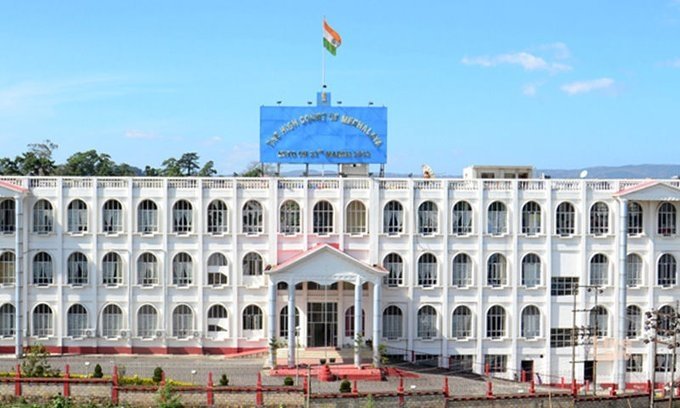HT Digital
SHILLONG, MAY 1: The High Court of Meghalaya has directed both the state government and central authorities to expedite the long-pending expansion of Shillong Airport to enable operations of larger aircraft.
This directive came during a hearing on a Public Interest Litigation (PIL), where a division bench comprising Chief Justice IP Mukerji and Justice W Diengdoh expressed concern over the airport’s limited capabilities.
At present, only small aircraft like ATRs can land at the airport, resulting in frequent flight disruptions due to adverse weather. These disruptions have significantly affected public convenience, tourism, and the state’s economic growth.
The court reviewed submissions from the state’s Advocate General and the Deputy Solicitor General, representing the Airports Authority of India (AAI) and the Director General of Civil Aviation (DGCA). It was noted that even with steady progress, the airport expansion would take at least two years to complete.
To facilitate the expansion, around 22 acres of land is required—10.3 acres under the control of defence authorities and 11.7 acres privately owned. The defence authorities have agreed to lease their land to the AAI, while the state government plans to acquire the private land through a “private treaty” purchase, which the court deemed more efficient than compulsory acquisition.
The High Court has directed the state cabinet to approve the private treaty proposal within three weeks and to complete the land acquisition within an additional eight weeks. A construction tender worth ₹150 crore has already been floated, with an estimated build time of 18 months post-approval.
However, the project is currently stalled pending environmental clearance from the Ministry of Environment and final approval from the DGCA. The court has issued a firm directive to both agencies to expedite these approvals, stating that “there is no scope whatsoever” for further delay.
The matter has been listed for a status update on May 15, 2025, with both state and central authorities required to report on their compliance with the court’s instructions.












